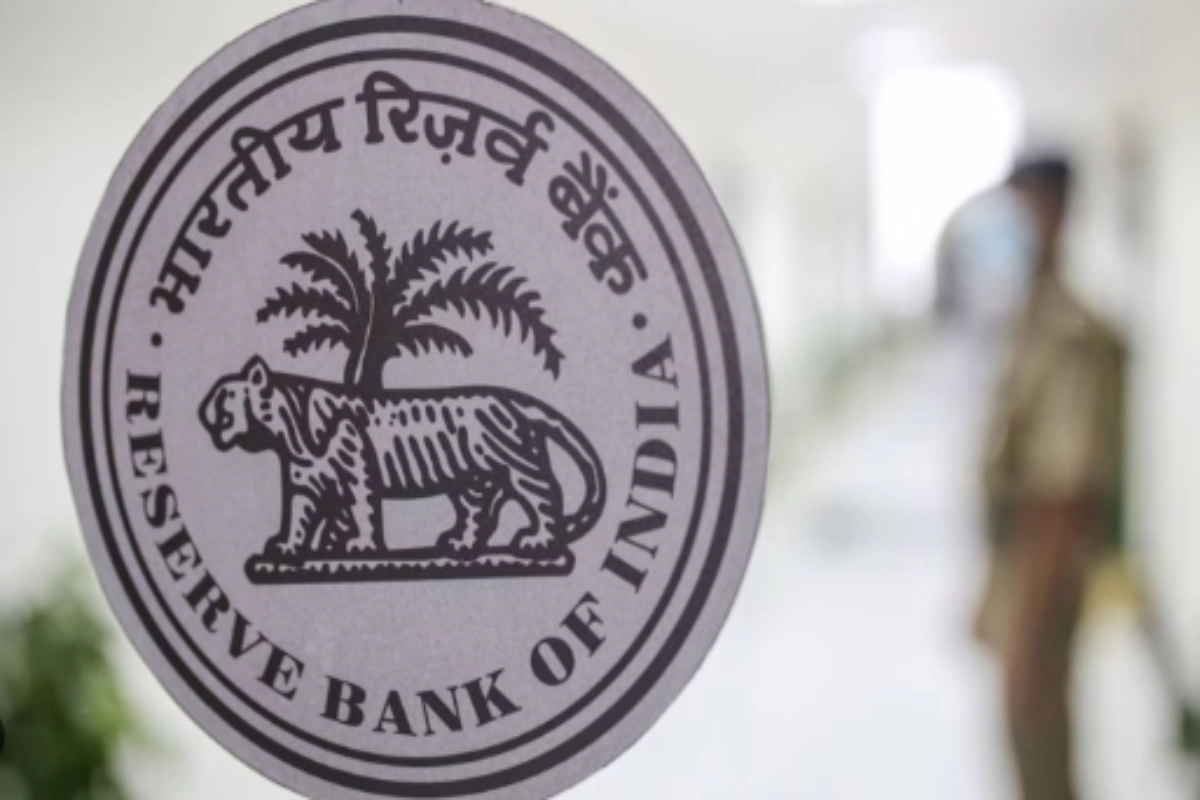RBI Floating Rate Savings Bonds: Are you trying to find a secure debt investment with an interest rate higher than 8%? The RBI Floating Rate Savings Bonds (FRSBs) 2020 (Taxable) will thereafter be discussed. Currently, among debt investment options, the RBI Floating Rate Savings Bond offers a competitive interest rate of 8.05% annually.
Variable Interest Rate Structure
The interest rate on the RBI Floating Rate Savings Bonds 2020 (Taxable), as the name implies, is variable. Floating Rate Savings Bonds have an interest rate changed every six months, and the next payment is due on July 1. It is correlated with the interest rate of the Union government-backed National Savings Certificate (NSC), a small savings programme. The interest rate offered by NSC is 0.35% less than that of RBI Floating Rate Savings Bonds.
Quarterly Review of NSC Interest Rate
Currently, a quarterly review of NSC’s interest rate takes place. The interest rate on RBI Floating Rate Savings Bonds will rise in tandem with an increase in the NSC interest rate. In a same vein, the RBI Floating Rate Savings Bond’s interest rate will decrease in tandem with a decrease in the NSC interest rate.
NSC now provides an interest rate of 7.7% for the quarter ending in April and June. The RBI Floating Rate Savings Bond 2020 (Taxable) will continue to yield a high interest rate of 8.05% for the following six months starting on July 1, 2024, in accordance with the established formula.
Features of RBI Floating Rate Savings Bonds
You should review the features of RBI Floating Rate Savings Bonds before making an investment despite the high interest rate. The Reserve Bank of India issuing the 2020 RBI Floating Rate Savings Bonds (Taxable) on behalf of the Indian government. They have a seven-year lock-in period.
There will be two annual resets of the interest rate on RBI Floating Rate Savings Bonds. Interest payments to investors will be made on January 1st and July 1st of each year. Investors must pay taxes on the interest they receive. Investing in these bonds is not eligible for any tax deductions.
Early Withdrawal for Senior Citizens
After a minimum lock-in period, senior citizens may withdraw money early with a penalty; otherwise, there is no option for premature withdrawal. Six years will be the lock-in period for persons between the ages of 60 and 70. The lock-in phase will last five years for people who are 70 to 80 years old. After four years from the date of investment, investors over the age of 80 may withdraw their money.






